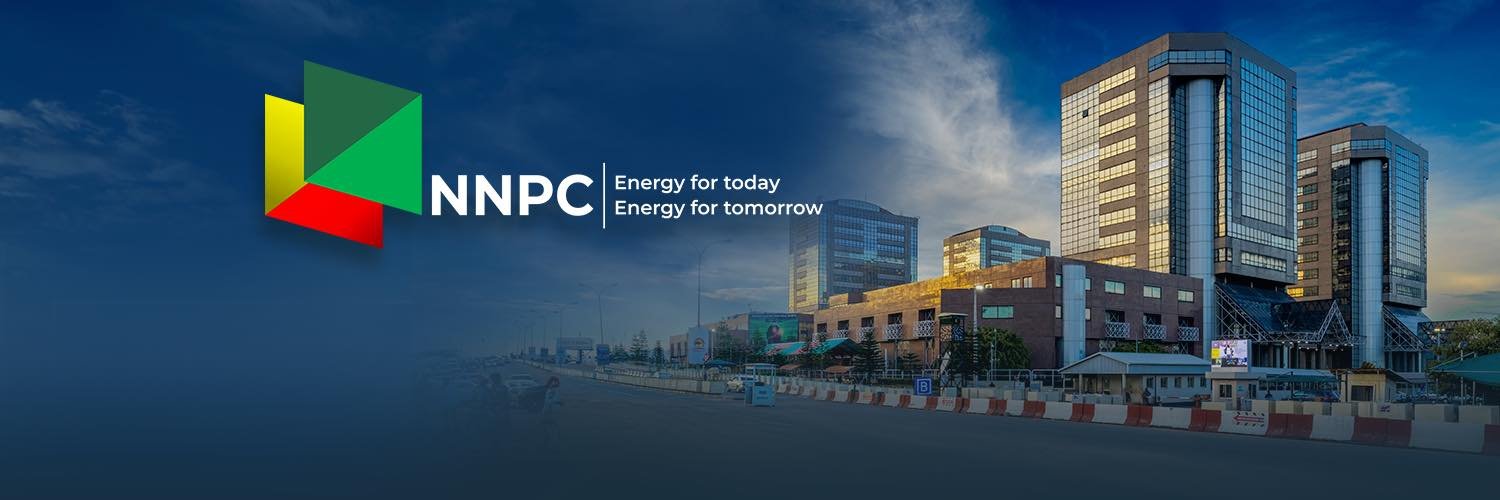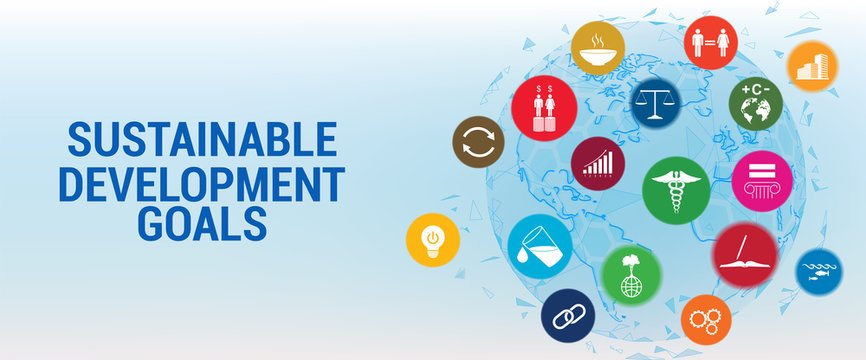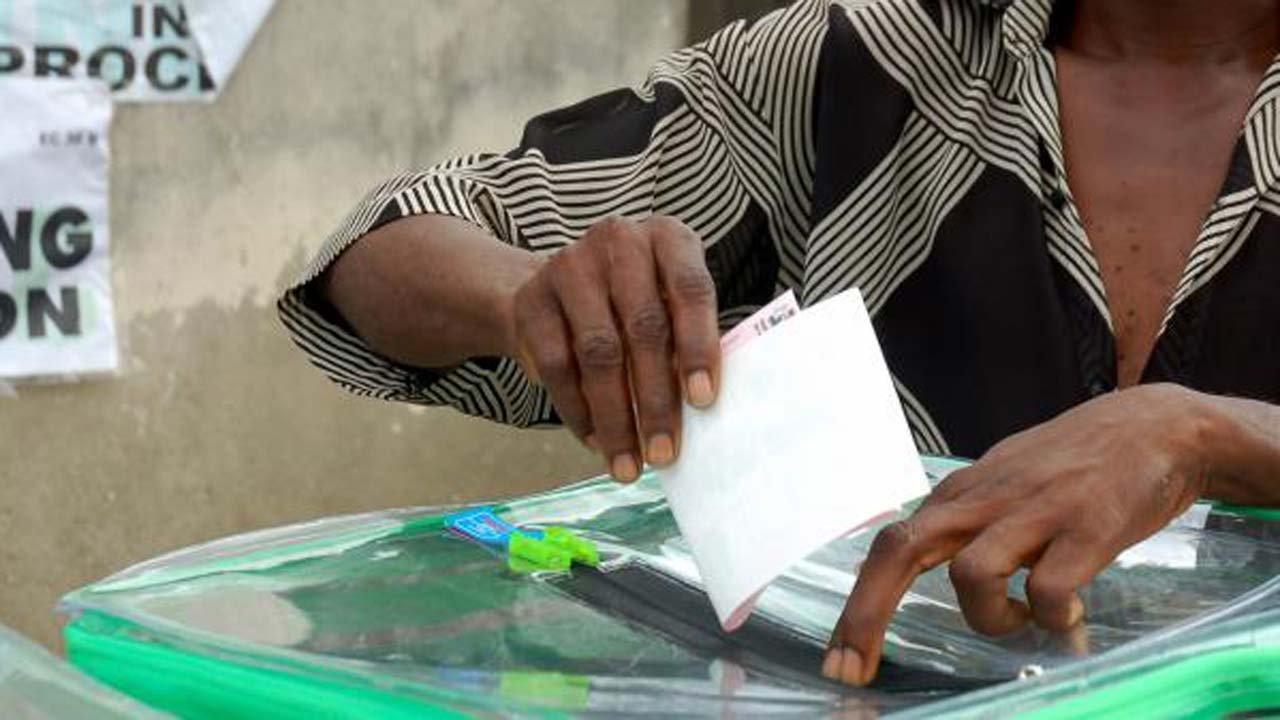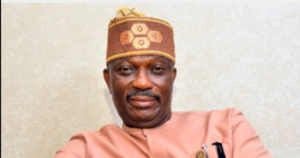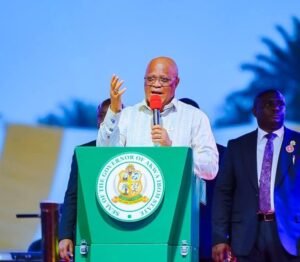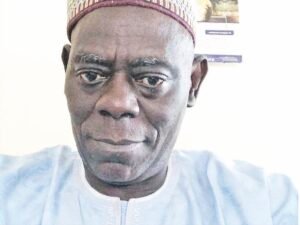As a former director of INEC, can you tell us those things the commission has tried to achieve positively, irrespective of the political challenges?
I can tell you that INEC has done so much to improve the process. All the technological improvements made were designed to reduce human error. But you see, technology is made to serve human beings and not the other way round. For every device, there are weaknesses and challenges, and that is where the impact is found when it does not deliver on the expectations. Earlier, I told you about the introduction of technology in INEC, and when Prof Attahiru Jega came in 2010, they went into full use of smartcard reader technology for biometric identification and verification of voters because there were many cards in circulation. And the question is, how do you know that the card bearing your face is yours? So, that was an improvement and then that brought some sanity and confidence. You see, each regime has to introduce something to win public trust and confidence. When the late Prof. Nwosu’s regime came in 1989, there was this demoralization of the electorate, but what did he do? He introduced the open ballot system, and people participated, but it was the elite who rejected it because they wouldn’t want to be seen casting votes. It was killed and it became modified. Then, when it transited to Prof Maurice Iwu, it became an open-secret ballot system, and in 2011, that was what was used, and it won the people’s hearts. In 2011, it was modified. In 2015 a system of simultaneous accreditation and voting was introduced. In 2019, there was the upgrading of smartcards to BVAS (Bimodal Voters Accreditation System) and capture in the portal. And then the introduction of iRev, which were all good, but the judges again said that these things are not in the law. It is true they are not in the law, but the law also says that INEC can make regulations to carry out any activity needed to improve the process. So, under that omnibus powers to make regulations, when INEC did so, the court said no. Let’s not forget that regulations are subsidiary legislation. It is part of the law, meaning that there are offenses associated with non-compliance, and they are punishable by law. Under Section 145 of the Electoral Act, INEC is empowered to prosecute for offenses under the Act, but the court is now saying that non-compliance is not an offense. The judiciary is part of the problem, and they know it already, though the present CJN said she is going to address some of these lapses. Let’s see how that goes, but the judiciary did not encourage electoral participation and reforms. It has made recommendations in certain areas to be included in the amendment of the Electoral Act to make them enforceable and that is without doubt. But then again, it has also taken away the section the commission used to enforce the power given to it.
Why is it that the INEC guidelines stand while the regulation made by INEC is being contested?
The guidelines are inherent in INEC, but the regulations are derived by law and are higher. That is why, among INEC publications, you can have guidelines, regulations, and manuals, but what is important is what the law says that INEC should do is regulations. It says that INEC can make regulations. Regulation regulates, they are like laws. They are administrative laws that agencies can make based on powers they enjoy under the constitution and enabling statute. So, those regulations include the ones for voter registration because it has powers to register voters. It makes regulation for political party campaigns, because the law says it must monitor political party campaigns. It makes regulations for the conduct of national, states and FCT council elections. It is a document, and these regulations are always gazetted because they are part of the law, and anyone can challenge it, but that is not the case. Today, no one would go to court and challenge to say that these regulations are more than powers, and the court will wait and ambush it at the election tribunal, where everything can fall flat. So, INEC needs to be proactive and test these things legally and not wait until they are sorted out by the judiciary. Sometimes, INEC can get these cases stated; they can liaise with the Attorney General or the National Judicial Council to validate their regulations. It does not take away their independence. Rather, it will help strengthen the power so that it won’t look like an ambush. Many of the judges are not conversant with the INEC electoral processes and proceedings. But what I also recommend is that INEC should be able to organize seminars and orientations for judges and the electorate to expose them to the electoral processes so that there won’t be legal logjams during the sittings of the election petition panels. As such INEC or the NJC should have already prepared the judges specifically for such assignments (election petitions each year). It has become obvious that political parties are exploring the loopholes and engaging in forum shopping. They go to Kano seeking an injunction for a matter in Abia State because that is where they can get a friendly judge that can grant that. They will continue to ambush until they throw the spanner in the wheel of progress, but all these can be streamlined because if we can go back to the Uwais Electoral Reforms Committee report, they made far-reaching recommendations on how to unbundle INEC, make it leaner, and focus on conduct and delivery of free, fair, credible elections. There are so many things we can do better. Take the voter registration exercise that we waste money on, there is no reason for that because one can use any means of identification issued by the government to cast one’s vote. It can be your NIN, driver’s license, or whatever because your image is already in the system. And the question is, why the publication? Do you know how much we spend each year printing cards that might not be used? Records have shown that so many cards have been printed and ended up in the gutter, and why should that be? These things cost money and it is not good enough. At this point, INEC must deregularise that it must be a voter’s card because there is no need for that. Once you are captured in any government official register like international passport, driver’s license or NIN. Any of them can suffice. That is what we need.
Check this story on Part 3
Revealed: How Nigeria’s elections are rigged (3)

